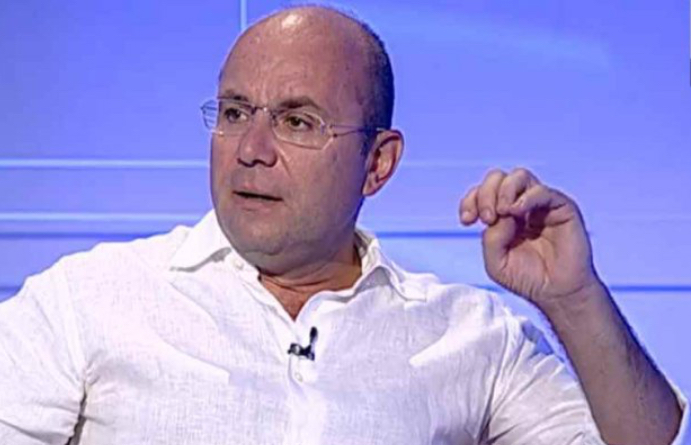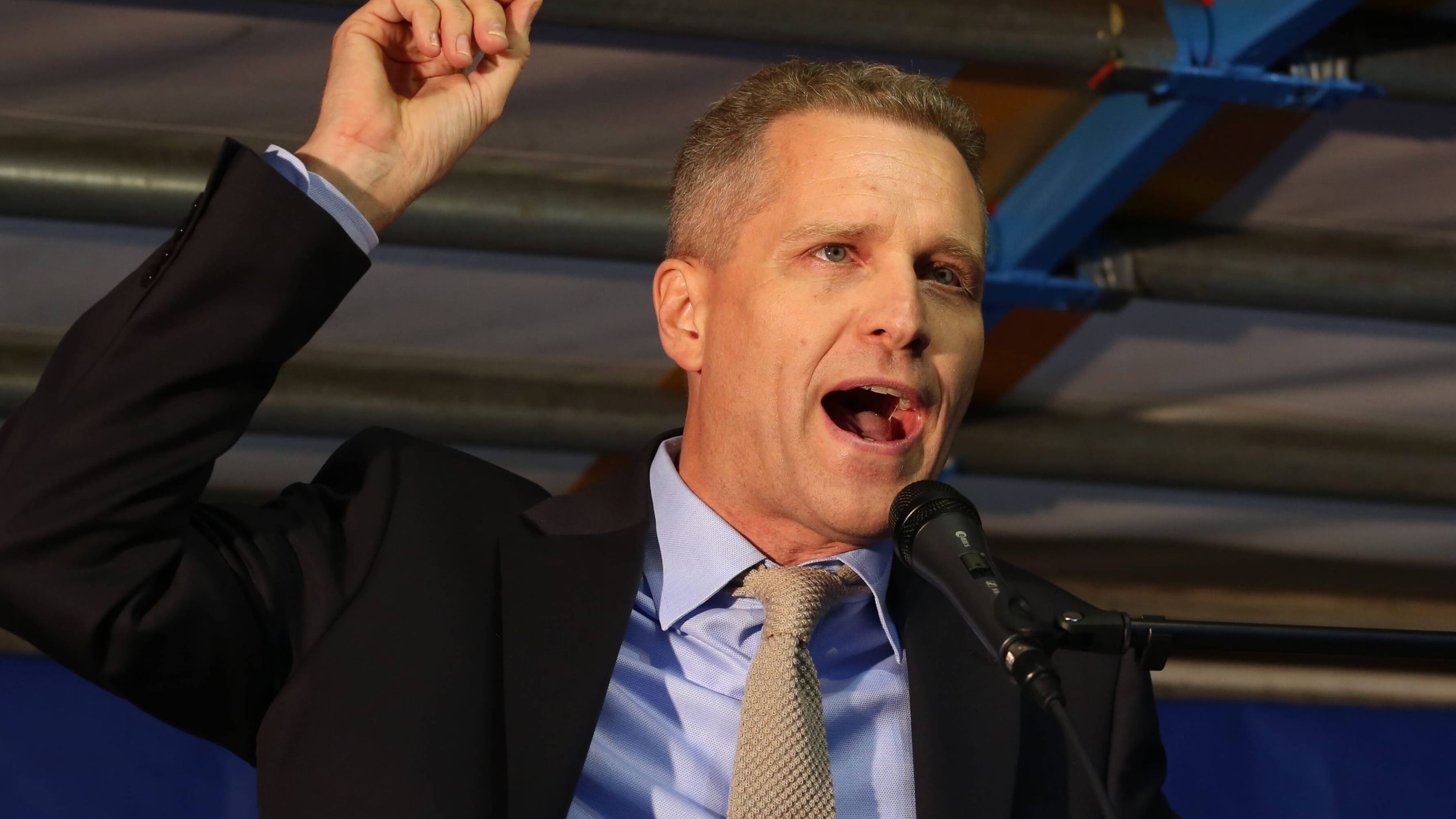Student groups at DePaul University, a longtime locus of student organizing in solidarity with Palestine, launched an encampment in protest of the war in Gaza Tuesday, joining demonstrations on campuses across the country amid midterms at the private Catholic university.
Springing up within hours of an agreement between Northwestern University administrators and students to remove tents from the North Shore university’s Deering Meadow Monday afternoon, the new protest site at DePaul ballooned from 150 people to hundreds within hours, organizers said.
A diverse array of students occupied the quad Tuesday afternoon, wearing keffiyehs and holding signs demanding DePaul disclose its investments in corporations involved in the war.
Among around 40 tents, picnic blankets and art-making, first-aid and food stations, activities on the quad Tuesday afternoon varied from prayers among a small group of Muslim students, to the entire crowd gathering as an organizer reviewed ground rules, including commitments not to escalate the civil disobedience or engage with agitators.
“It shows that while the administration does not support Palestine, the student body does,” DePaul sophomore and member of Students for Justice in Palestine Henna Ayesh said of the encampment, adding that support from faculty and community groups also made the large turnout possible.
“Obviously this is a big risk that we’re taking: There’s the risk of suspension. There’s the risk of expulsion. But I share the common feeling of many students that the risk is worth it,” said Ayesh, who has family in Palestine.
“I want to know where my money is going and I do not want to be investing in my family’s suffering,” she said of the students’ demands for financial transparency and divestment. “But you don’t have to be Palestinian to want to support this cause. This is a humanitarian issue,” she said.
In a statement Tuesday, DePaul said that although the tents violate “a variety of university policies,” the administration remained “steadfastly devoted to academic freedom and free speech” and invited community members to discuss their demands.
“Our goal is to identify a path forward that allows our community to make their voices heard, while also respecting the rights of their fellow students to continue active engagement in their education and staying in compliance with the law and university policy,” DePaul wrote.
“These are demands DePaul has known about for a long time,” Ayesh said.
The University of Chicago encampment was quiet and calm on its second day Tuesday afternoon as students and other protesters talked in small groups in hammocks, on blankets and dozens of tents strewn on the grass in front of the main administrative building.
Cook County State’s Attorney Kim Foxx met Tuesday with representatives of several local universities and discussed the proper response to the encampments and ongoing protest actions. The meeting had been put on the calendar even before encampments cropped up at Northwestern and University of Chicago in recent days, Foxx said.
The campus representatives did not raise any complaints about prosecutors’ longstanding policy not to prosecute peaceful protesters, Foxx said.
All were in agreement, Foxx said, that “if we’re going to use the criminal justice system on students … we’d rather it be for something serious, especially when all of these universities have codes of conduct that can hold them accountable.”
There was more concern about non-student outsiders who might hijack and escalate campus protest actions, Foxx said. Those in attendance agreed to work on a way for the schools to communicate with each other and liaise with Foxx’s office when they identify a non-student agitator causing trouble, she said.
Also useful, Foxx said, was a frank discussion of the difference between free speech and hate speech, which “everyone agrees” should not be tolerated on campuses. Foxx said her office takes hate crimes seriously, and they are not covered under the non-prosecution policy.
Campus reps were “mindful of protecting their students who feel intimidated and feel threatened, and not wanting to get lost in just ‘well, this is free speech,’” she said. The State’s Attorney’s office is slated to bring on its first-ever hate crimes specialist who will aim to educate the public and work on those issues, she said.
Foxx described “a sense of relief” in the room that the schools were no longer operating in isolation.
“(They were talking) amongst each other about what it was they were seeing and lessons learned from Northwestern, and now seeing what’s happening at University of Chicago,” she said. “There was someone from DePaul there who said ‘thankfully, nothing there yet,’ and while we were sitting there he got word two tents had gone up.”
According to Nour, a DePaul alumna and organizer with the anti-war group Code Pink, who did not want to disclose her last name due to safety concerns, students’ demands that the administration discloses investments in companies that profit from the war date back to 2014.
“It’s disappointing and it’s honestly embarrassing to say that I graduated from this university that is not even doing the bare minimum,” she said regarding the opacity of DePaul’s investments. As a private institution, the university is not required to provide detailed financial statements.
Around a dozen counter-protesters wrapped in Israeli flags made an appearance on the first day of the encampment, as around three hundred people chanted in support of Palestine a couple hundred meters away.
“We just want to be here, exist peacefully on our campus and just be proud of who we are and our heritage,” said sophomore Michael Loizzo, co-president of the student group Chabad.
The Tribune’s Caroline Kubzansky and Alysa Guffey contributed.





